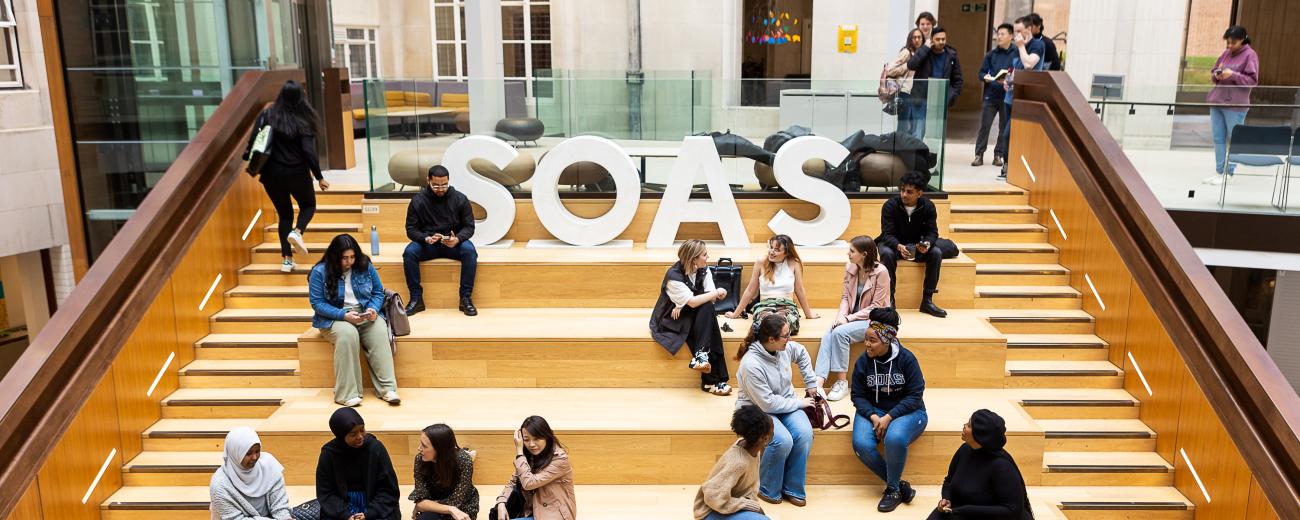SOAS 7th in the UK for gender equality according to latest THE impact rankings


SOAS University of London has been ranked 7th in the UK and in the top 100 globally for its work advancing gender equality, one of the UN’s Sustainable Develpment Goals, according to the latest Times Higher Education.
For the category of Gender Equality, THE assesses a detailed set of indicators that evaluate universities’ contributions towards fostering gender equality and empowering women. This includes research on gender equality, initiatives and programmes that ensure female students have equitable access to university, proportion of female academics, proportion of women receiving degrees, and more.
The 2024 Times Higher Education rankings assess universities’ global performance against the United Nations Sustainable Development Goals (SDGs). More than 2,000 universities took part in the rankings this year.
Our Athena SWAN Bronze award also recognises our commitment to the advancement of gender equality and developing an inclusive culture that values all staff.
SOAS offers a range of degree programmes related to gender studies. The SOAS School of Law, Gender, and Media offers an LLM in Law and Gender, focusing on the Global South and both historical and contemporary legal and alegal pursuits of gender, sexual, racial, Indigenous, class, caste, disability, post-conflict, post-colonial and environmental justice.
Our Athena SWAN Bronze award also recognises our commitment to the advancement of gender equality and developing an inclusive culture that values all staff.
The university also invites applicants to the Margaret Busby New Daughters of Africa Award, a master’s scholarship specifically open to a black, female students who are ordinarily resident in Africa. The scholarship aims to support a new generation of African female writers.
The Centre for Gender Studies houses an online master’s programme, MA Gender, Sexuality in Global Politics, that is informed by feminist approaches to knowledge production, International Relations, conflict resolution, peace-building, and human rights.
Dr Kanika Sharma, Senior Lecturer in law, colonialism, and society in South Asia (especially gender issues), is currently conducting research on the age of consent and child-marriage in the British Empire, with the aim of starting a dialogue on the notions of gender, women’s rights, biology, and how these compete with tropes of cultural relativism, orientalism, the female victim, and the white (wo)man’s burden amongst other concerns.


